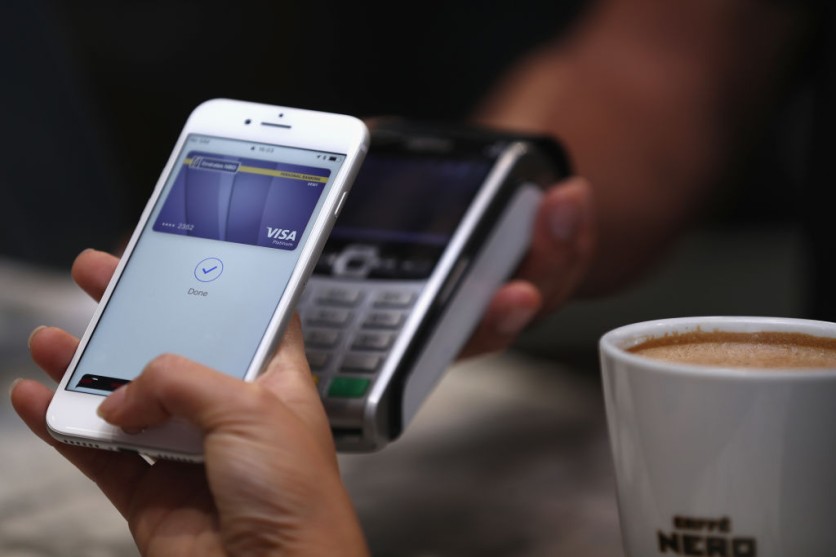
Apple and US banks' relationship is starting to show strain, according to a new report.
The report stated that major banks like Capital One, JPMorgan Chase, and Bank of America are unhappy with the costs linked with Apple Pay transactions, especially after Apple introduced its own Apple Card product back in 2019.
Apple vs. US Banks
According to The Wall Street Journal, the tech giant agreed not to build a card processing network to compete with Visa and Mastercard. It is part of its push for Apple Pay adoption.
Banks pay Apple a certain fee whenever a cardholder uses the card for an Apple Pay transaction. It is a portion of the existing interchange fees.
The fees vary worldwide and by the card issuer, but in the United States, it is believed to be 0.15% of a credit card transaction and 0.5 cents for a debit card transaction.
Also Read: Apple Users Can Now Use Apple Pay For iTunes, App Store, Apple Music, and iCloud Purchases
What the Banks Want
The Wall Street Journal reports that US banks want the fees to change. The banks even asked Visa to change how it processes certain Apple Pay transactions. Banks are now asking that the fees that are paid to Apple be lowered.
Visa has agreed to implement this change in 2022, but Apple and Visa are currently in discussion, and the changes may be dropped. Apple executives have told Visa that they do not want the changes to be implemented.
The report stated that the change would apply to all recurring automated payments. If the changes happen, this would mean that Apple would not get fees on recurring transactions like streaming services and memberships processed with Apple Pay after the first transaction.
Visa revealed its planned technical change with some banks in the next few months. A document reviewed by the Journal did not mention the fees once the change was implemented.
However, the document revealed a change to the tokens that Visa uses for mobile-wallet payment, according to 9to5Mac.
Visa issues a special token whenever a user loads their credit card onto Apple Pay. It then replaces the user's card number.
This process lets the card work on Apple Pay, and it also helps keep the credit and debit card secure from a data breach.
Apple Pay's security was questioned earlier this year after researchers said it is easy to hijack the transactions, but Apple stated that the service has tight security features.
Apple Pay was also hit with its 5th lawsuit for infringement earlier this year, but that was also resolved.
Visa's Automated Payments
Visa plans to begin using a different token on all recurring automated payments. After the first transaction is made, Apple will no longer receive any fees on the next transactions, according to The Mac Observer.
The report also shows how the relationships between Apple, Visa, and Mastercard works. This includes the report that Apple agreed not to develop its own card network to compete with the two. Apple Card is currently powered by Mastercard.
US banks and card networks are not satisfied with Apple Pay ever since it was launched and adopted in 2014. Some bank executives were also angered when Apple partnered up with Goldman Sachs to launch Apple Card in 2019.
Apple said in a statement that it works with thousands of banking partners worldwide to offer Apple Pay to customers. It is offered in almost 60 countries and regions.
Apple wants its bank partners to continue to see the benefits of providing Apple Pay to users. The company is also looking for new ways to implement and promote the service for secure purchases.
This article is owned by Tech Times
Written by Sophie Webster




